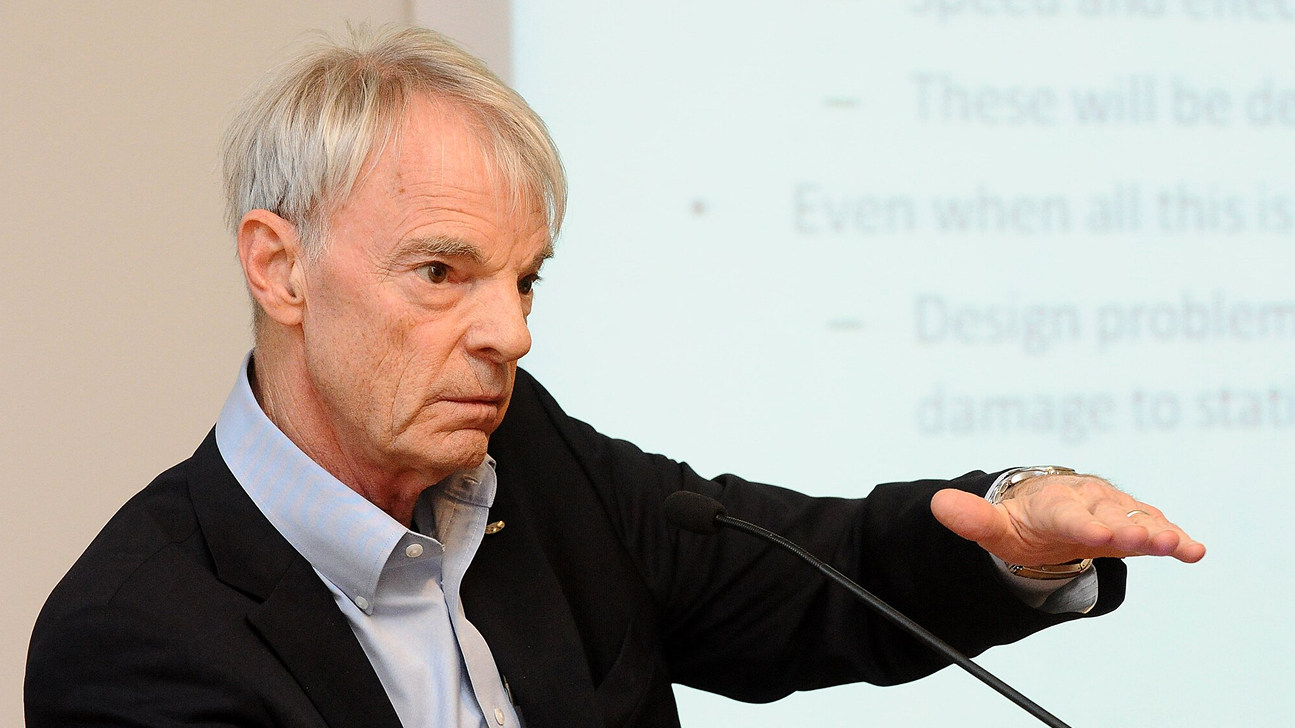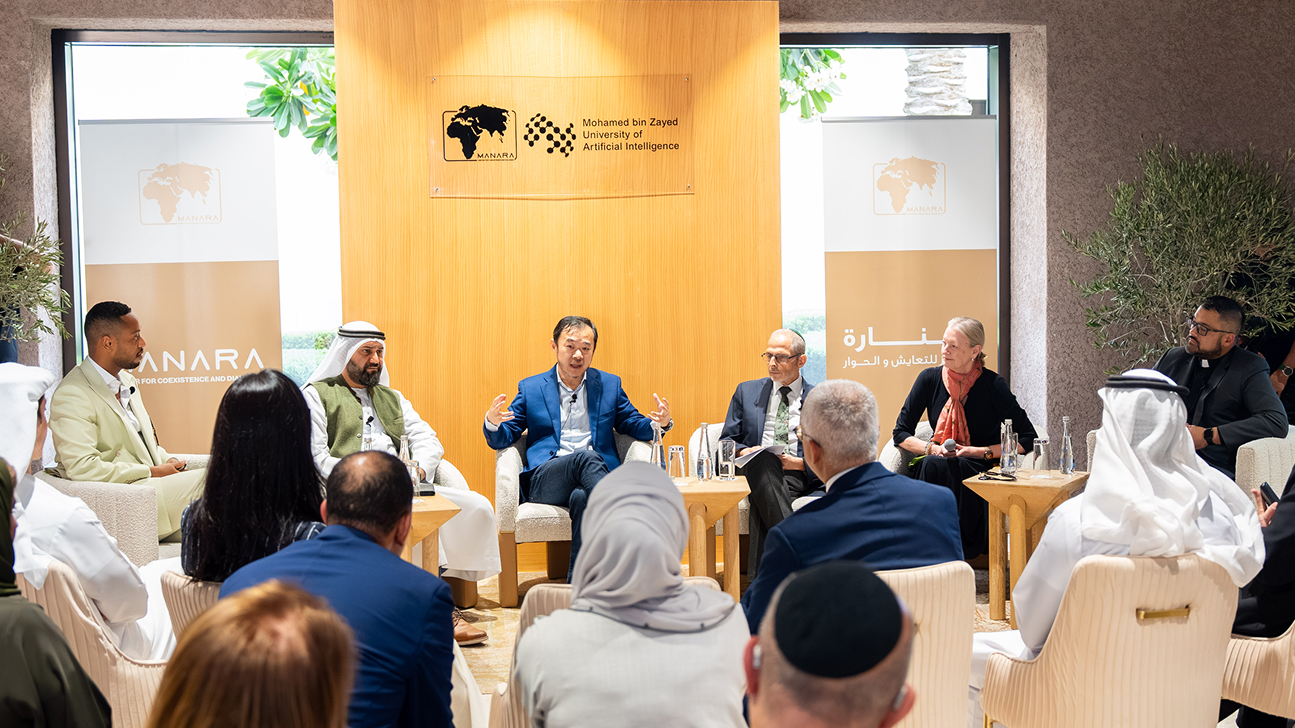Learn to control
Monday, February 05, 2024
Key thing in robotics: physical interaction with the environment – with dynamic or static objects. Thus control is always a two-sided thing.
And therefore we need to predict in order to control. And exactly that prediction isn’t all that simple.
In this talk I will look at the difference between discriminative and generative machine-learning models, and see how we use the latter to learn the dynamics of complex stochastic systems. And how to use these models to predict, and control. The talk will highlight some examples, in robotics and beyond, of where this can be used.
And finally, the talk will look into trust into AI. Why is quality in AI systems is so hard to attain, and how can we address this?
Post Talk Link: Click Here
Passcode: zQ5.v=6*
Speaker/s
Patrick van der Smagt is director of AI research at Volkswagen Group, and leads its Machine Learning Research Lab in Munich (https://cas5-0-urlprotect.trendmicro.com:443/wis/clicktime/v1/query?url=https%3a%2f%2fargmax.ai&umid=226a8828-83f9-11ee-8159-002248cba838&auth=30f123a032afde9cf6a759dbc7bbb78d9968b0f7-04e881aa81631ed84d65232b914c30264458ea34), which focuses on fundamental research on machine learning for time series modelling and optimal control. He is faculty member of the LMU Graduate School of Systemic Neurosciences and research professor at ELTE University Budapest. He is the founding head of a European industry initiative on trust in AI (https://cas5-0-urlprotect.trendmicro.com:443/wis/clicktime/v1/query?url=https%3a%2f%2fetami.org&umid=226a8828-83f9-11ee-8159-002248cba838&auth=30f123a032afde9cf6a759dbc7bbb78d9968b0f7-063e314879625ca7856da4fd363b733cae3b442b) and member of the AI Council of the State of Bavaria. Besides publishing several hundreds of papers on machine learning, robotics, and motor control, he has won various awards, including the 2013 Helmholtz-Association Erwin Schrödinger Award, the 2014 King-Sun Fu Memorial Award, the 2013 Harvard Medical School/MGH Martin Research Prize, and best-paper awards.
Related
Nobel Laureate Michael Spence on how AI is redefining the global economy
Nobel Prize-winning economist Michael Spence explains how AI is reshaping the economic landscape and what is needed.....
- digital policy ,
- governance ,
- Nobel Prize ,
- guest talk ,
- guest lecture ,
- economics ,
- Economy ,
- Undergraduate ,
Understanding faith in the age of AI
MBZUAI hosted a panel discussion in collaboration with the Manara Center for Coexistence and Dialogue focused on.....
- connection ,
- discussion ,
- religion ,
- spirituality ,
- faith ,
- conversation ,
- panel ,
- Human–computer interaction ,

